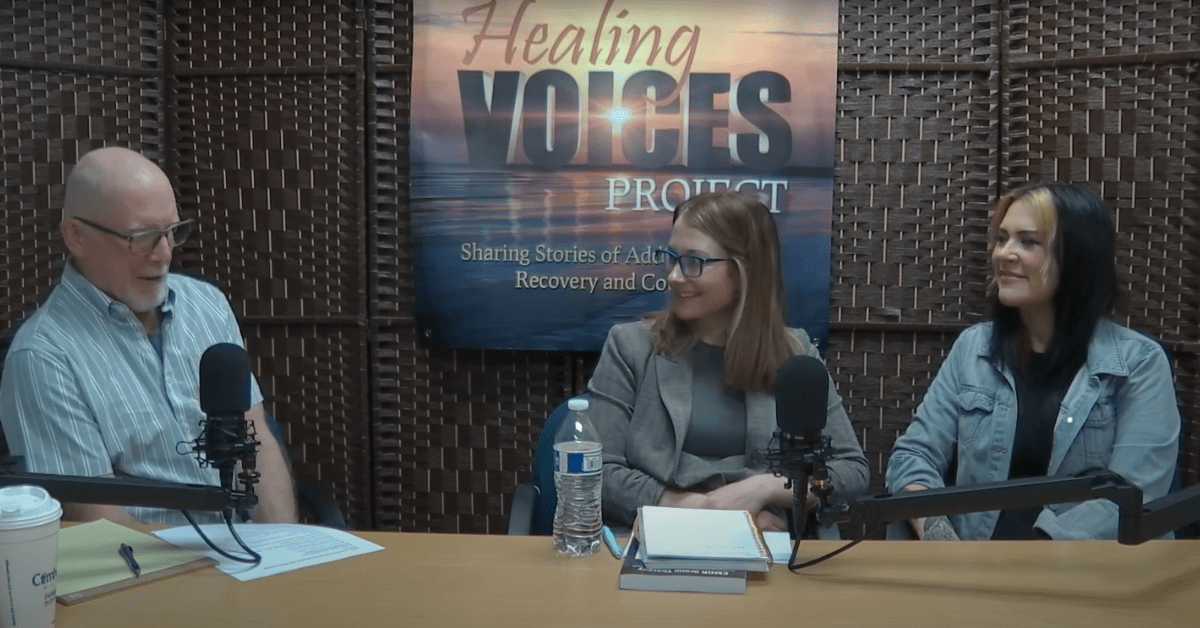Everyone experiences emotional lows that could be categorized as depression symptoms. Stress, loss, or major life changes all take a toll on our mood. But what if your low spirits can’t be traced to a specific event? It’s times like these you should pay special attention to what you’re feeling. Perhaps more importantly, this is when it may be time to consider getting professional help.
Understanding depression symptoms is the first step. Too often, people overlook or downplay the early signs, assuming they’re just in a funk or being overly sensitive. In reality, depression is a medical condition, not a personal failing. The good news is that it’s highly treatable.
Depression vs. Feeling Down
Sadness is a normal part of life that tends to fade with time or support. Depression, on the other hand, is more complex and persistent. It can appear without a clear cause and linger for weeks or longer, affecting how you think, feel, and function every day.
One of the most important distinctions is how depression symptoms interfere with daily life. When fatigue keeps you from getting out of bed, when hobbies no longer bring joy, or when you begin to isolate yourself from others, it’s no longer just a bad day. It’s a pattern that may require clinical attention.
What Depression Symptoms Look Like
Depression symptoms show up in more ways than most people realize. It’s not just about feeling melancholy. Many people with depression describe a kind of emotional numbness or emptiness. You might feel disconnected from your surroundings, like you’re going through the motions without really engaging.
Changes in sleep are common—either struggling with insomnia or sleeping far more than usual. Appetite often shifts too, leading to noticeable weight loss or gain. You may feel unusually tired, even if you’re getting plenty of rest, and tasks that once felt manageable can suddenly feel overwhelming.
Mentally, depression can cloud your ability to focus or make decisions. Thoughts can become more negative or self-critical, and some individuals experience intrusive thoughts about death or self-harm. These signs are never just “in your head,” they are valid indicators that something deeper may be going on.
Why Early Treatment Matters
Many people wait too long to address depression symptoms, either out of stigma or the belief that things will improve on their own. But untreated depression often becomes more difficult to manage over time. It can impact not only your mental health but also your physical well-being, relationships, and ability to function in daily life.
Getting treatment early offers a better chance of recovery. It’s not about “fixing” yourself—it’s about learning to navigate what you’re experiencing with support and tools that work. Treatment doesn’t always mean medication. Many people benefit from therapy, group support, or structured programs like an Intensive Outpatient Program (IOP), especially if symptoms are significantly affecting their routines.
When Should You Seek Help for Depression?
A helpful guideline is to consider both duration and impact. If you’ve been experiencing depression symptoms for more than two weeks and they’re interfering with your ability to function at work, maintain relationships, or take care of yourself, it’s time to talk to a mental health professional.
Also take note if people close to you are expressing concern. Sometimes others can see changes in our mood, behavior, or energy level before we fully recognize them ourselves. Even if you’re unsure whether what you’re experiencing counts as depression, a professional evaluation can bring clarity.
You Don’t Have to Do This Alone
Depression symptoms can be isolating, but support is available. Reaching out doesn’t mean you’ve failed; it means you’re ready to turn the page to an easier chapter. You can get better with the right care, even if it doesn’t feel that way right now.
At Northstar Recovery Center, we offer evidence-based treatment for individuals struggling with depression symptoms. Our Mental Health Intensive Outpatient Program (IOP) provides a structured yet flexible path toward stability, healing, and connection.
If you’re unsure where to begin, we’re here to help you take that first step. Contact us today or call 888-339-5756 to chat with one of our team members. We’re available 24/7.









